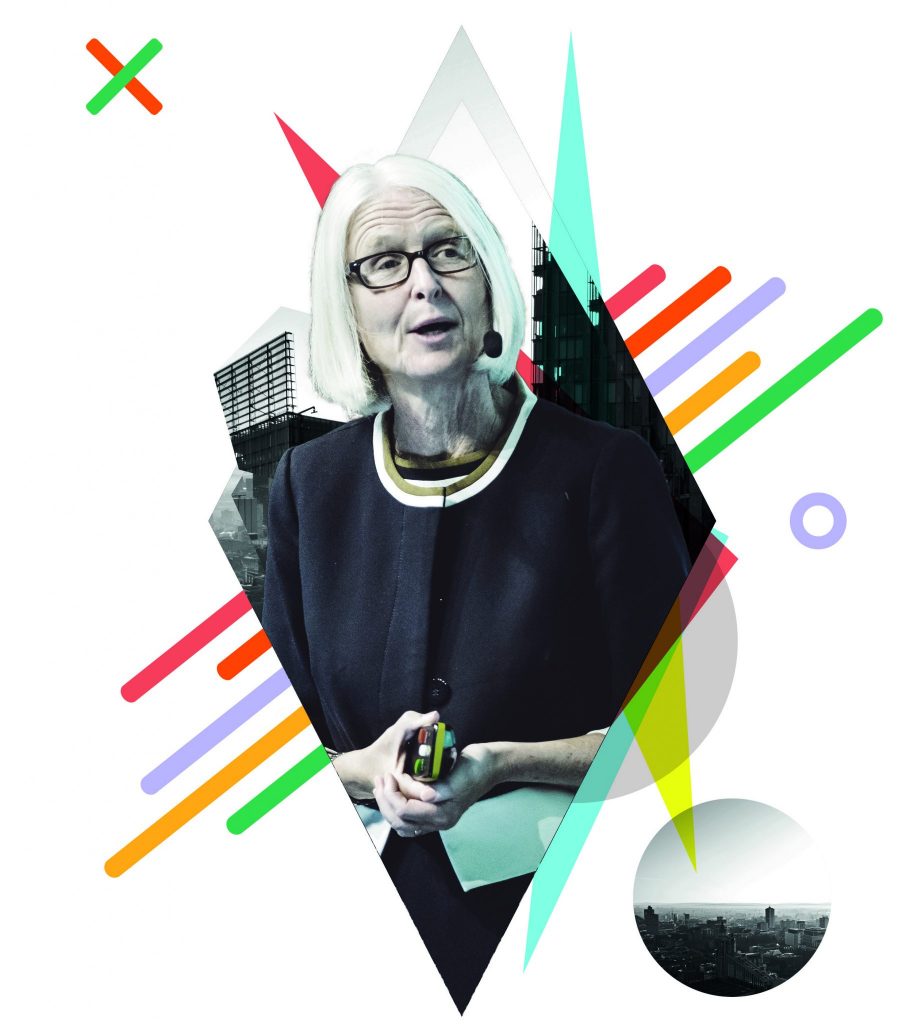You must login/create an account to view this content
Eight ways to win at job interviews
You must login/create an account to view this content
Getting to grips with the fintech sector
You must login/create an account to view this content
Finding the right career path
You must login/create an account to view this content
Five workplace trends and challenges to be aware of
You must login/create an account to view this content
Mutually beneficial: how internships can boost individuals and businesses
You must login/create an account to view this content
Applying original thinking to business
Why Business Schools must embrace project management
You must login/create an account to view this content
Winning at interview and preparing for AI-infused recruitment
If your CV was good enough to get you an interview, that’s great, but looking good on paper is just the starting point. At interview, you have to demonstrate that you have the skills to do the job and will be a good fit with the team.
Your audition
An interview is an audition – your opportunity to shine and prove you are the perfect person for the role. The actor Harlan Hogan is famous for delivering the catchphrase, ‘you never get a second chance to make a first impression…’ and it certainly pays to be well prepared.
The interview is not, however, just an exercise in self-promotion. The hiring manager has a specific brief and, in effect, you are there to convince the interviewer that you can solve their hiring problem. An interviewer will focus on gaining an understanding of you and your motivation and how these fit with the role, existing team and organisational culture.
Be prepared to show how you will add value and that you are the best candidate to help the organisation succeed. When you are asked to tell the interviewer about yourself, what this request really means is that you should show ‘what value would you bring to us?’
Thorough preparation and the way in which you present yourself are crucial to success; but, since performance at interview is not a reliable indicator of job performance, interviews these days tend to be quite structured and often concentrate on competencies with targeted behavioural questions.
The basics
Clarity and brevity are your touchstones. Show you are articulate and able to think on your feet while communicating effectively under pressure. Be ready to provide work-related examples that show your personality and how you operate and illustrate that you will be a good fit in the role. Ensure you pinpoint your strengths and expertise and emphasise your points with examples that showcase your achievements. Show how you will make a real difference when you are appointed.
You may be asked some tricky questions as interviewers probe to assess how you react. Keep your answers concise and relevant. You are likely to be asked competency-based questions relating to your previous roles, so make sure you have plenty of examples prepared.
Employability skills are also an important factor for success at work and showing that you have these skills and focusing on them during the interview process, along with your technical expertise, will help differentiate yourself from the competition. Concentrate on showcasing good communication skills, commercial awareness, a commitment to lifelong learning, problem-solving skills, and professional manner and attitude.
Demonstrating your skills at interview is not easy and we all have ‘off days’ but interview practice will help. If you can, get a friend, colleague, career coach or mentor to help with some sessions to rehearse your responses, improve your confidence and hone your performance.
The changing face of recruitment
HR now use robotics to enhance and expedite the recruitment process and leave hiring managers free to concentrate on more complex tasks. AI is supposed to remove human biases that adversely affect some candidates and it seems that nearly all Fortune 500 companies are using some form of automation to enhance hiring processes.
It’s interesting to consider what changes job seekers are likely to see as robots are used in the interview process more often. A large Swedish recruitment specialist, TNG, has been experimenting with such a system to offer candidates job interviews that are free from the unconscious biases that managers and recruiters may bring to the hiring process. The idea is to make the experience ‘seem human’ while ‘background-blind’ AI programmes manage tests and perform initial online interviews.
The robot interview doesn’t indulge in pre-interview small talk and asks all questions in an identical way, in the same tone, and typically, in the same order. This is believed to create a fairer and more objective interview. Recruiting managers are then provided with transcripts of the interviews so they can decide which candidates to move to the next stage of the process, based on their answers alone.
Impressing the algorithm
Interviewees can’t relax too much in this context as the AI programme records and analyses responses, and where there is a video interface, monitors facial expressions. Some candidates will find they are comfortable with such an interview, as they will perceive it as a non-judgmental, non-threatening and non-invasive means of interaction which affords them scope for presenting themselves in a relaxed manner. Others may find talking to a screen and recording their answers more challenging.
There is some discussion around the issue of bias and AI. After all, the algorithms at work here are programmed by people who have flaws, biases and preconceptions that are all too easily inherited by an AI system. That said, many candidates seem happy with these developments. Randstad, a Dutch multinational recruitment firm, found that a majority of US job candidates believe technology, AI included, has made applying for jobs more efficient. These same candidates also felt more respected and engaged in the recruitment process as they received automated updates.
Impressing a robot at interview may require candidates to adjust their focus. Answering questions that will be analysed by an algorithm means your responses must focus on the job specification, using words and phrases directly related to the role. You cannot rely on building rapport with the interviewer because a robot is not interested in bonding with you. It will still be important to be well prepared for the interview, having read not just the job description but also the organisation’s website information to see what qualities they prioritise and the culture they portray.
The plain fact is that a robot can interview many more candidates per day than a person can and will also review a candidate’s social networking activity thoroughly and quickly. At least in the early stages of the recruitment process, we are likely to see automated AI powered systems being used as a matter of course. Whether the interviewer is human or machine it remains important that the applicant makes a good impression.
Liz Sebag-Montefiore is a Director and Co-Founder of career management firm, 10Eighty and has provided HR solutions to a wide range of industries since 2005.























